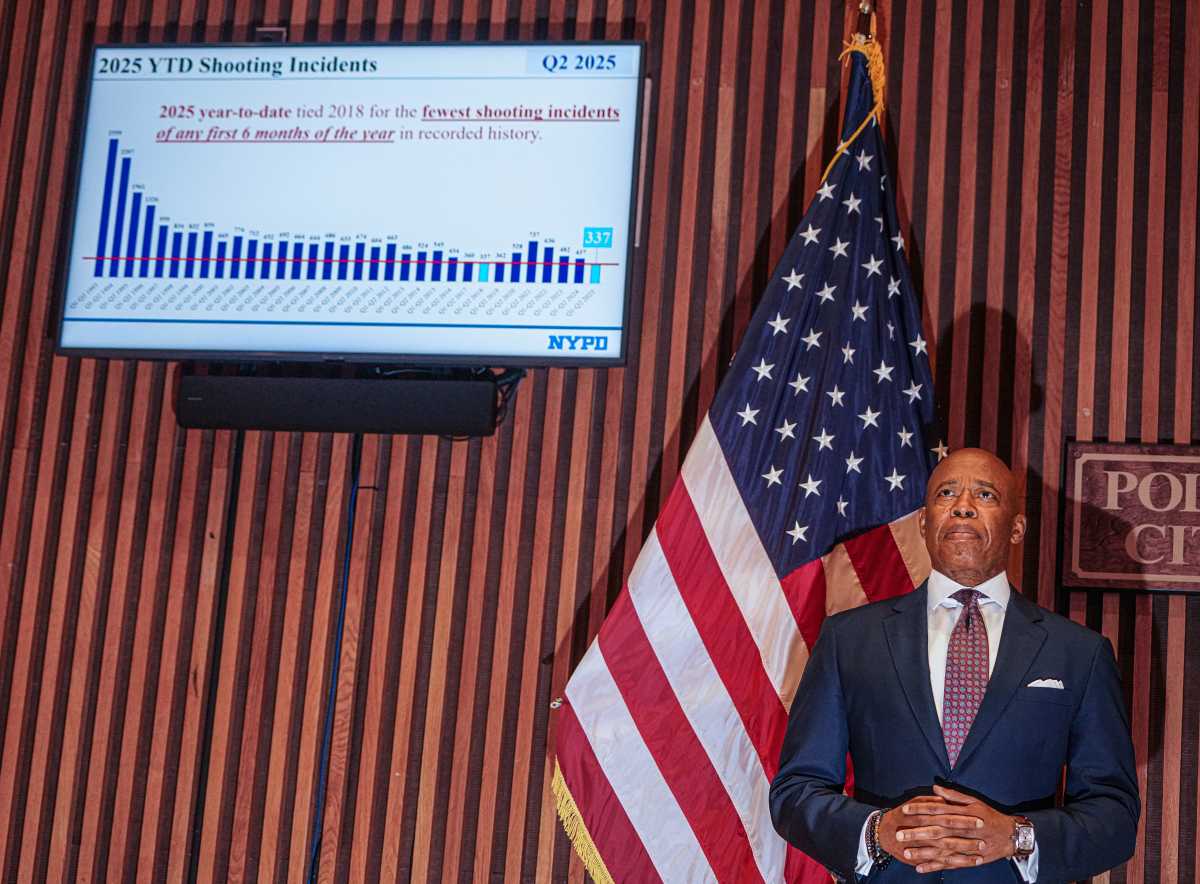Recent news on the economy, specifically the employment picture, has been good for the Obama administration. If the trend holds, continuing into 2012, it will deprive the other side of a formidable bit of weaponry they’ve anticipated using to bludgeon the president and derail his reelection bid. A still-reeling economy was the reason Democrats paid dearly at the polls last November, and more of the same would be the kind of albatross that one would expect to create serious havoc for Obama and other Democrats facing a not-too-forgiving electorate.
But after February’s report of an 8.9 percent jobless rate, slipping below 9 percent for the first time since the recession blindsided the country, along has come a Labor Department measure of 8.8 percent unemployment for March, with a number reported as jobs added for the month, 213,000, that finally is offering some hope for proceeding on the admittedly long road to an unemployment rate that’s acceptable.
How ironic it would be, though, were this push toward discernible economic recovery getting under way precisely when there was trouble brewing for the administration on an altogether different front. We’ve said here before and continue to believe very worthy of caution the president’s decision to join those who concluded that getting involved in Libya’s internecine conflict was a judicious policy move. Maybe the trouble in Libya will simmer down before it ripples out into a full-blown cause célèbre. But if there isn’t that kind of anti-climatic resolution and the U.S. continues to be somehow engaged with the ongoing turmoil there, one could only hope there’s a better look to the involvement down the road than we’ve seen thus far.
Obama, to be sure, is in damned-if-you-do-damned-if-you-don’t territory here. Those of hawkish bent, who typically never saw a foreign intervention opportunity they didn’t like, aren’t about to give the guy any unconditional thumbs up for getting on board with the UN-hatched international campaign against Gaddafi. Trust them to find something to rip apart in the administration’s commitment of military resources…up to and including the president’s pledge not to put U.S troops on the ground.
But Obama’s tough insistence that Gaddafi must be dethroned has continued to stand in stark contrast to all manner of contradictory signals from elsewhere within the administration. For starters, there’s a secretary of defense who had made known how leery he was about injecting the military into the fray, and whose body language and utterances since use of the military became a fait accompli, seem to be giving every indication he still harbors wariness about the whole exercise. Military top brass involved in the operation have outright declared that their objectives don’t include taking out Gaddafi. But curiously, even when he addressed the nation on March 28 about what the mission is in Libya, Obama was making with the hard rhetoric about the need for Gaddafi to be kicked out.
Rumors of there being jihadists among the opposition forces in Libya have swirled around since soon after the violence erupted. Increasingly now, there are claims emanating from some quarters that those forces include the likes of al Qaeda personnel and such. Reports that have surfaced of CIA operatives being dispatched to Libya to check on these allegations of avowed enemies of the U.S. benefiting from U.S. military intervention of course lend a classic cart-before-horse appearance to this aspect of the unfolding drama. And what if there’s substance to such talk? Do the humanitarian impulses that supposedly drove this action simply cease to exist? On the matter of reports attesting to how convoluted this Libyan narrative looks to be, one that probably bears mention is of those “rebel” forces arbitrarily targeting Black African workers in reprisal for the mercenaries recruited from several African countries by Gaddafi. Who knows how accurate or unfounded that is?
At the end of the day, what we have is a state of bedlam that only reinforces the contention many have advanced, that the Libyan people had best be left to sort out their problems. Really, the humanitarian line may have that righteous ring to it, but if the West didn’t think the gruesome goings-on in Darfur worthy of anti-Gaddafi type military intervention, the move on Libya is pretty difficult to justify.
Meanwhile, what some of the main players have lately been referring to in “stalemate” terms, lumbers on, no one seeming to have a fix on what constitutes the way forward (one suspects that Muammar Gaddafi is pellucidly clear about that, however). From well beyond the borders of the Libyan cauldron some, including the American president, continue to call for Gaddafi’s removal. Interestingly, the opposition recently announced conditions for a ceasefire and Gaddafi’s stepping down wasn’t among them. And Defense Secretary Robert Gates, echoing the frustration many others have voiced about the ragtag nature of the guys challenging Gaddafi for control of Libya, referred to them as a “pickup” side.
Look, by all rights George Bush should have been sent packing in his 2004 reelection bid, given the intensity of anger about the Iraq snow job Bush had pulled on the American people. That Bush somehow snaked his way to a second term should serve not as performance model for the current commander in chief, but as cautionary tale. If news on the economy continues in his favor, Libya as a new albatross is clearly one he doesn’t need.















